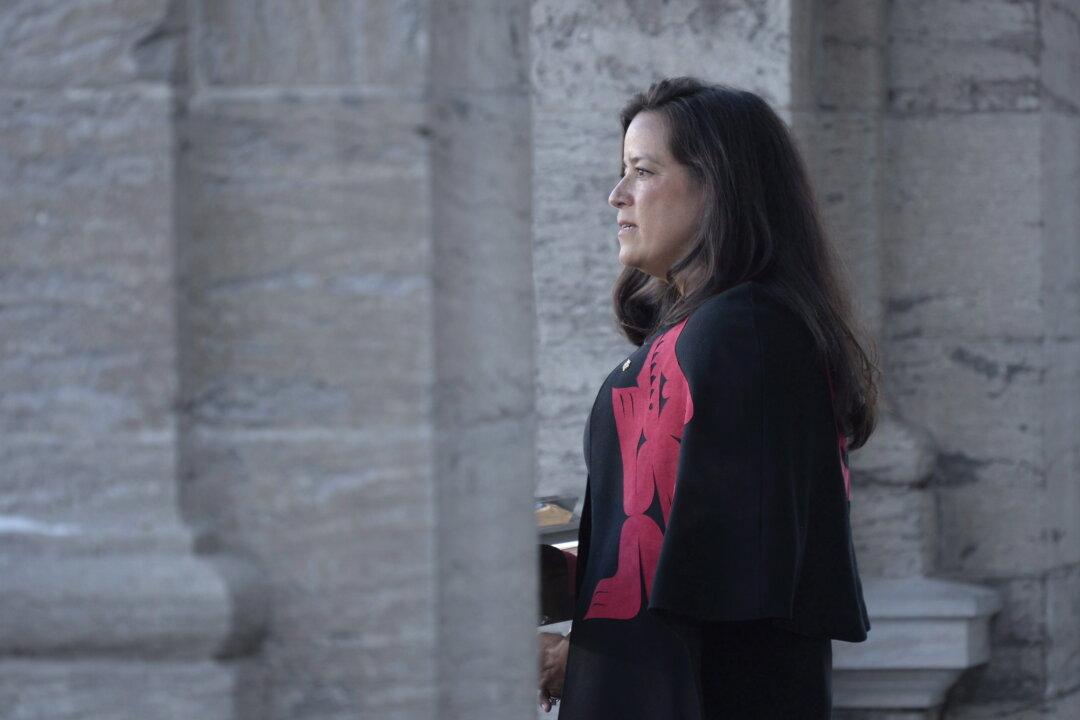News Analysis
Allegations of inappropriate political interference in SNC-Lavalin’s prosecution and a former justice minister’s resignation have the Liberal government reeling. Canada’s adherence to the rule of law, which the Liberals have touted, faces a stern examination.Conflict of interest arising from the intersection of the legal and political systems is one area that bears closer scrutiny. The ramifications are profound, as they could undermine Canada’s position vis-a-vis China.





